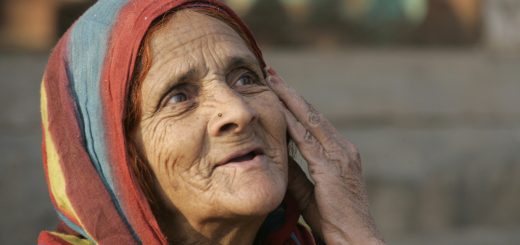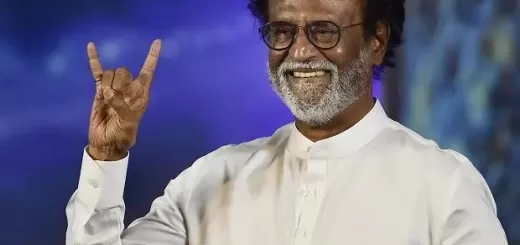In India, Being Hindu is Paramount For Identifying as Truly Indian, Reveals Study

Manjil Das, INN/Chennai
Twitter-@SGiggle29 @Infodeaofficial
A recent Pew Research Centre poll revealed that Indians are more inclined to connect Indian and Hindu identities than members of other religious groups.
After the 2019 parliamentary elections and before the beginning of the Covid-19 pandemic, the survey of close to 30,000 Indian adults surveyed asked people how important certain attributes or behaviour are to “real” Indian identity. In the past, they were questioned about the dimensions of Hindu nationalism.
According to the results of the research, almost two-thirds of the indigenous people, who account for 64%, feel that it is vital to be Hindu to be genuinely Indian, rather than the 27% of Muslims who believe that being Hindu is extremely important for being genuinely Indian.
According to the study, Hindus who associate their faith with national identity also associate the Hindi language with being truly Indian. As a result, the majority of Hindus (59%) believe that knowing Hindi is critical to being authentically Indian.
Overall, the survey revealed that being Hindu and speaking Hindi are both highly essential to being really Indian for 51 percent of Hindus and 36 percent of Jains. While 25% of Buddhists, 23% of Muslims, 18% of Sikha, and 15% of Christians disagree with the viewpoint.
There is a variation in thinking processes even among Hindus who live in various regions of the nation. Hindus in the northern and central areas (69%) think it’s extremely essential that the Hinder be true Indian, while Hindus are the weakest link between national identity and religious identity in the southern region (42%) and in the northeast region (83%). Hindus are highly significant. Similarly, Hindus are more likely to believe that it is vital to be able to speak Hindi like a true Indian in the Northern (71%) and Central (87 percent).
Other characteristics, such as college education and political opinion, also impact the way a person identifies his or her national identity. Approximately half of Hindu graduates (53%) are Hindu, compared to over two-thirds of other Indians (65 percent).
Also, it was observed that among those who believe that being Hindu and speaking Hindi are extremely significant, the support of the BJP, which is primarily a party that promotes the Hindutva agenda, is much greater.
In the 2019 parliamentary election, 6 out of 10 Hindu voters who attach significant significance to these two qualities claim they voted for the BJP. In comparison, 33% of those who declare that they are not Hindu or can speak Hindi have also voted for the party, which is highly essential for their national identity.
The study showed, then, that Hindus who voiced this mix of Hindu nationalists are also more willing to promote a religiously separated India by opposing interfaith marriage.
In contrast to the conceptions of national identity, the great majority of Indians across all major faiths typically feel that it is important for individual citizens to respect their elders, respect every religion, and respect the laws and institutions of the country.





